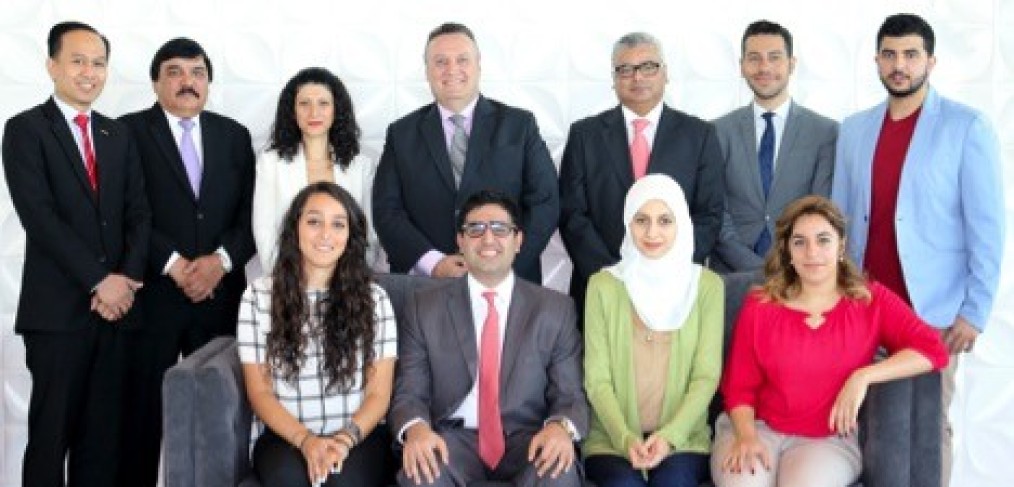Manama, Bahrain: Award-winning sustainable development strategy consultancy and think-do-tank, 3BL Associates (3BL), launched a ’Sustainability Summer Challenge’ at the Domain Hotel and Spa.
The initiative has included eight summer interns working on developing an ambitious sustainability strategy that will result in US$1 million in cost savings or revenues for the Domain Hotel and Spa.
Under 3BL’s leadership and expertise, the team is working to identify ways to reduce operational costs for the hotel through sustainability, as well as creating shared value opportunities that simultaneously generate new revenue streams for the hotel, while tackling social and environmental issues.
In addition, the cross-disciplinary team of interns, who have been working in residence at the Domain, are also each leading a 3BL think-do-tank project, focusing on issues like sports and development, diabetes, social entrepreneurship, and a region-wide social innovation initiative called ’Reimagine MENA Labs’.
’œWith trends like the sharing economy, millennial customers, and greater interactivity, the hospitality industry needs to keep innovating to remain competitive. The Domain’s unique ’Stay Work Play’ concept embodies this thinking and we are delighted to be hosting this revolutionary and entrepreneurial challenge,’ commented Mr. Tony Connor, Chairman’s representative, the Domain Hotel and Spa.
’œRunning this challenge at the Domain is a fantastic way to spark a conversation around rethinking use of space’”a growing trend in sustainable cities. The interns will also each be leading various inter-connected projects in addition to working on an innovative sustainability strategy for the hotel that adds bottom-line value to the business as well as creating social and environmental impact. We are thrilled to be working in residence at a values-aligned brand like the Domain and I’m really excited to see what the team comes up with!’ commented 3BL cofounder and managing director, Leena al Olaimy.
The interns are: Elham Ali (Crown Prince International Scholarship Program recipient), B.A. in International Relations, Claremont McKenna College, California and Public Health Policy M.A. candidate; Sumana Al Gharbi (Crown Prince International Scholarship Program recipient), studying Chemical Biology at the University of California  Berkeley; Sarah Awachi, studying History and International Relations at University of Reading, UK; Narjes Bukannan, B.A. Business Economics, University of Exeter, UK and M.A. candidate for Environment and Development; Waleed Al-Meraj, B.A. in Public Policy with a minor in Economics and Media from the University of Toronto, Canada; Dana Osama, studying Economics at the University of Kent, UK; Mohamed Nedham (Crown Prince International Scholarship Program recipient) studying Medicine at Kings College, UK; and Sophie Tarif, studying Marketing and Design at Lancaster University, UK.
Outcomes of the challenge will be presented to the Domain Hotel and Spa’s executive management and Chairman Faisal Al Matrook at the end of August.


